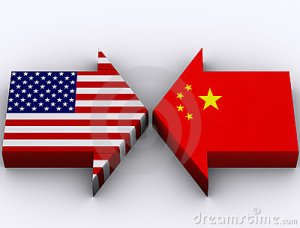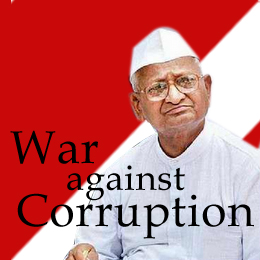More efficient, less complex and cheaper, 3D solar cells can also capture more sunlight than conventional PV models
3D solar cells, despite advances in energy storage, can capture more sunlight than conventional PV models. Photograph: Andy Newman/AFP/Getty Images
During President Obama’s recent state of the union address, I was particularly drawn to one specific comment he made. The statement by the president I’m referring to was, “A once-shuttered warehouse is now a state-of-the art lab where new workers are mastering the 3D printing that has the potential to revolutionise the way we make almost everything.” 3D printing has been increasingly used to produce jewellery, dental work, prototyping and even creating human organs. However, as an energy strategist, I’m most excited about the potential for 3D printing to revolutionise solar panel and photovoltaic (PV) cell manufacturing.
For starters, for those not familiar with 3D printing, it’s the ability to make a three-dimensional “solid” object from digital design specifications. In other words, 3D printing is really a smart printer that creates objects layer by layer through additive manufacturing or the deposits of materials such as glass, silicon, plastic, resin and ceramic by following a virtual blueprint or animated software.






